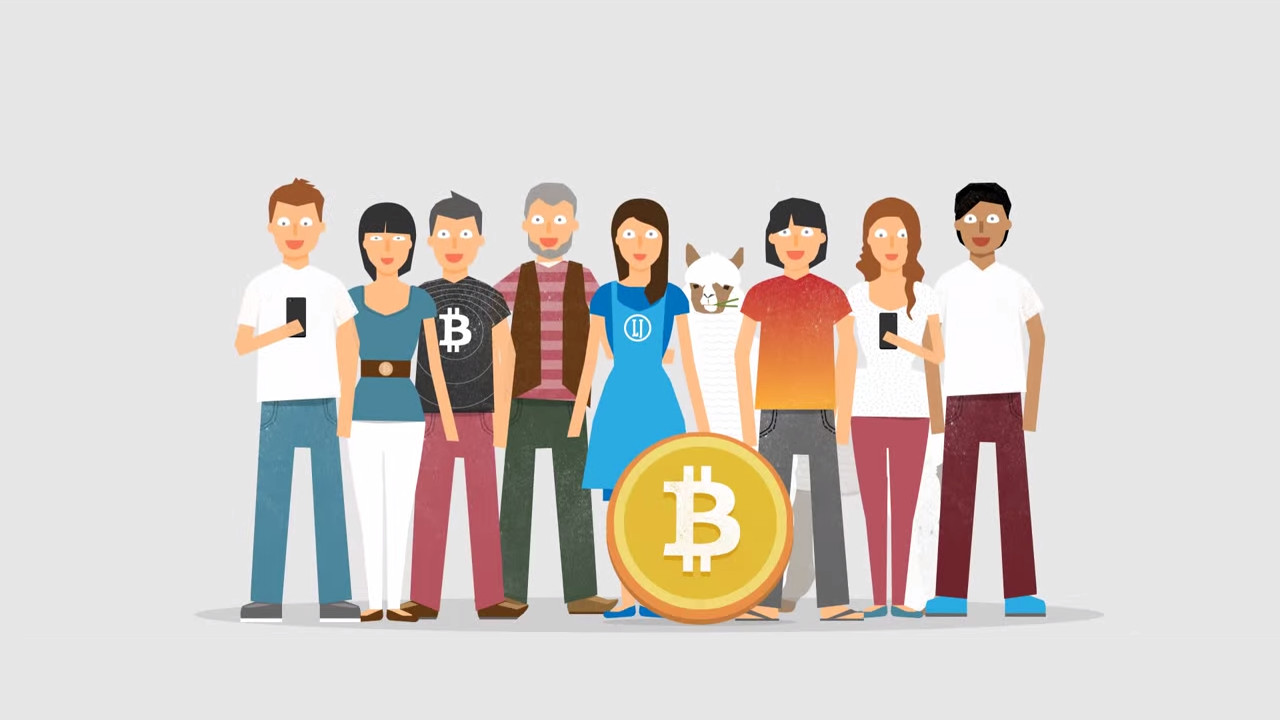Digital Currency Bitcoin has surged nearly 400% in 2017 with its price climbing to as much as $4,800 (over Rs.3 lakh) on August 31, 2017. Bitcoin has surpassed key price levels of $2000, $3000, and $4000 this year. Notably, the total market capitalization of all cryptocurrencies surged from roughly $17.7 billion at the start of the year, to over $172.2 billion.
An Introduction of Bitcoin- Word’s First-Ever Digital Cryptocurrency
The cryptocurrencies market is growing for several reasons, According to analysis, A steady supply of initial coin offering(ICOs)’, a rising number of funds that trade cryptocurrencies and the sustained interest of investors are all contributing to this trend.

Though digital currency ‘Bitcoin’ is booming across the globe, the majority of the people are still unaware of its existence, trade, rules, and the risks associated with it.
Nothing that the editorial team at Apps Unveiled dedicated to doing a small story on bitcoin, answering questions like what is Bitcoin, how it works, what affects its price, how to buy and sell bitcoin, and so on.
Read More:- Top 8 Quick Facts About Bitcoin-Digital Cryptocurrency
What is Bitcoin
Bitcoin introduced in the year 2009, is a decentralized digital currency that is created and held electronically. it is the first example of cryptocurrency.

Bitcoin follows the ideas set out in a white paper by the mysterious Satoshi Nakamoto, whose true identity has yet to be verified. Bitcoin offers the promise of the lower transaction fees than traditional online payments mechanisms. The bitcoin network is operated by its users with no central authority or middlemen. This means, no single authority or financial institution holds or control the bitcoin network just like no one owns the internet. All Bitcoin transactions are verified by network nodes and recorded in public ledger called Blockchain and if you want to buy bitcoin online click here
Bitcoin balances are kept digitally using public and private “keys”, just long strings of numbers and letters, that are linked through the mathematical encryption algorithm that was used to create them. The public key (comparable to a bank account number) serves as the address that can be shared with anyone and to which others may send Bitcoins. The private key (comparable to an ATM PIN) is used to authorize Bitcoin transmissions Because the private key is the “ticket” that allows someone to spend bitcoins, it is important to keep it guarded and have multiple backups of it.






![[Top 9] Chat Forums on Deep Web | Deep Web Chat Rooms | Enter At Your own Risk Top 9 Chat Forums on Deep Web, The Lolita City, onion deep web, dark web lolita, lolita city,](https://www.gadgetgyani.com/wp-content/uploads/2018/03/deep-web-CHAT-FORUMS.jpg)













